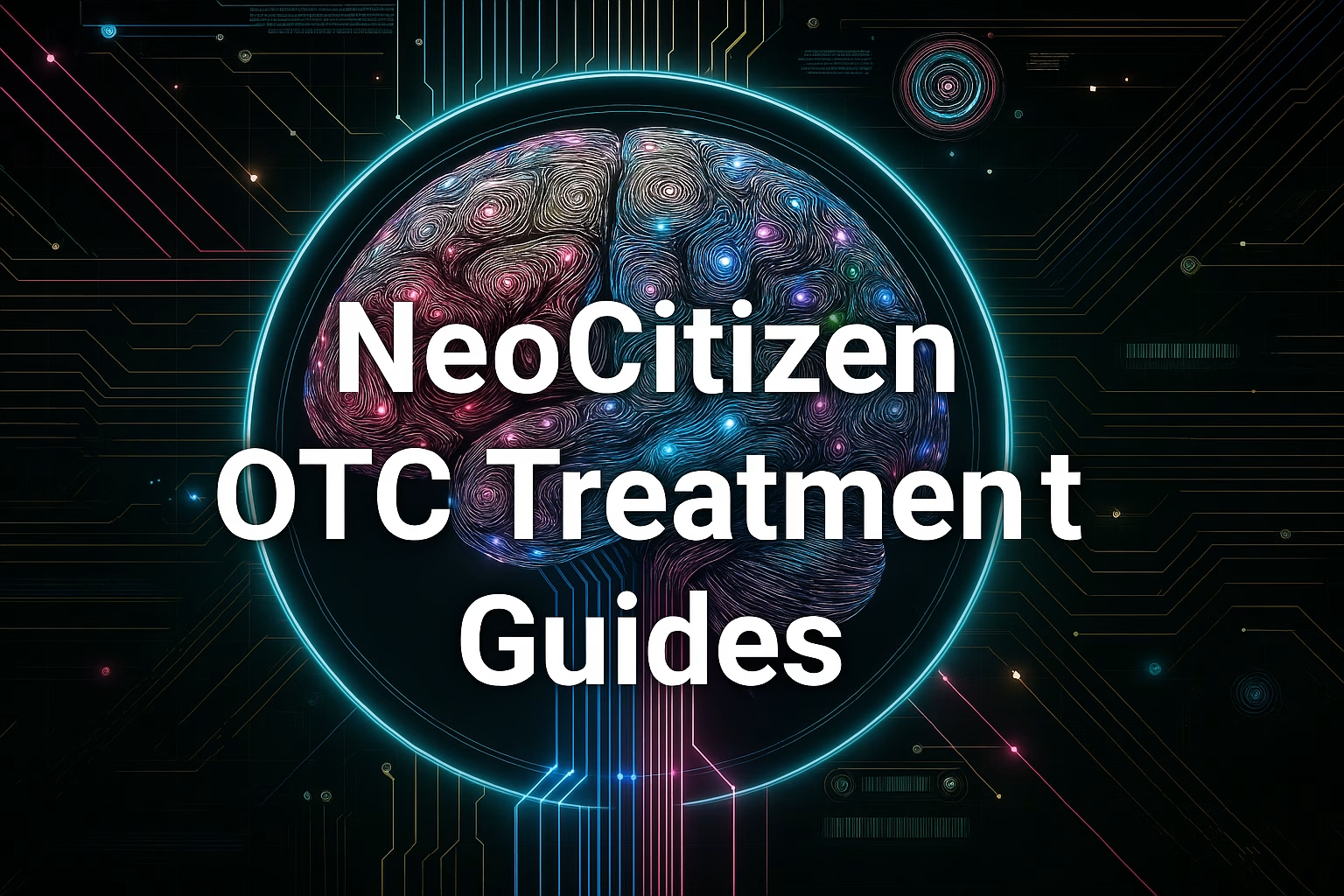
Inflammation is a natural response of the body to injury or infection. However, chronic inflammation can lead to discomfort, joint pain, and various health conditions, including arthritis, cardiovascular issues, and even autoimmune disorders. Oral anti-inflammatory products are widely used to reduce inflammation and pain, making them a staple in many medicine cabinets. In this guide, we review the best oral anti-inflammatory medications and supplements recommended by pharmacists in 2025.
🏆 #1: Ibuprofen (Advil, Motrin)
Ibuprofen remains the top pharmacist-recommended oral anti-inflammatory due to its fast-acting relief and availability over-the-counter.
Pros:
- Effective for pain, fever, and inflammation
- Widely available and affordable
- Quick onset of action
Cons:
- Can cause stomach irritation with prolonged use
- Not suitable for people with kidney issues or ulcers
- May interact with other medications
Learn more: Advil Official Site
Hashtags: #Ibuprofen #Advil #AntiInflammatory #PainRelief
🎖️ #2: Naproxen (Aleve)
Naproxen is another powerful nonsteroidal anti-inflammatory drug (NSAID) with a longer duration of action compared to ibuprofen.
Pros:
- Longer-lasting relief (up to 12 hours)
- Fewer doses needed per day
- Effective for chronic pain and inflammation
Cons:
- May cause gastrointestinal issues
- Not recommended for long-term use without doctor supervision
Learn more: Aleve Official Website
Hashtags: #Naproxen #Aleve #ChronicPain #NSAID
🌟 #3: Turmeric with Curcumin Supplements
A natural alternative to NSAIDs, turmeric contains curcumin, a compound with powerful anti-inflammatory and antioxidant effects.
Pros:
- Natural and plant-based
- May support joint health and overall wellness
- Fewer side effects than NSAIDs
Cons:
- Slower onset of relief
- Requires black pepper (piperine) for better absorption
Learn more: Cleveland Clinic on Turmeric
Hashtags: #Turmeric #Curcumin #NaturalRelief #JointSupport
🏋️ #4: Aspirin (Bayer, Ecotrin)
A classic anti-inflammatory and blood thinner, aspirin is used not only for pain relief but also for heart health.
Pros:
- Effective for mild to moderate pain
- Also used for cardiovascular protection
- Long history of safety and research
Cons:
- May cause stomach irritation and ulcers
- Not suitable for children or teens with viral infections
Learn more: Bayer Aspirin Info
Hashtags: #Aspirin #Bayer #PainRelief #HeartHealth
🏅 #5: Omega-3 Fatty Acids (Fish Oil)
Omega-3 supplements have anti-inflammatory properties and support heart and brain health, making them a top choice for long-term inflammation management.
Pros:
- Natural and beneficial for overall health
- Reduces inflammation at the cellular level
- Supports cardiovascular and cognitive functions
Cons:
- Takes time to show noticeable effects
- May cause a fishy aftertaste or digestive discomfort
Learn more: NIH on Omega-3s
Hashtags: #Omega3 #FishOil #AntiInflammatoryDiet #BrainHealth
Final Thoughts
When choosing an oral anti-inflammatory, it’s essential to consider both your specific symptoms and any underlying health conditions. While ibuprofen remains the #1 pharmacist-recommended option, natural alternatives like turmeric and omega-3s provide gentler, long-term support.
Always consult with your healthcare provider before starting any new medication or supplement.
Share this article to help others find effective inflammation relief!
#AntiInflammatory #PainReliefTips #HealthGuide2025 #WellnessSupport










